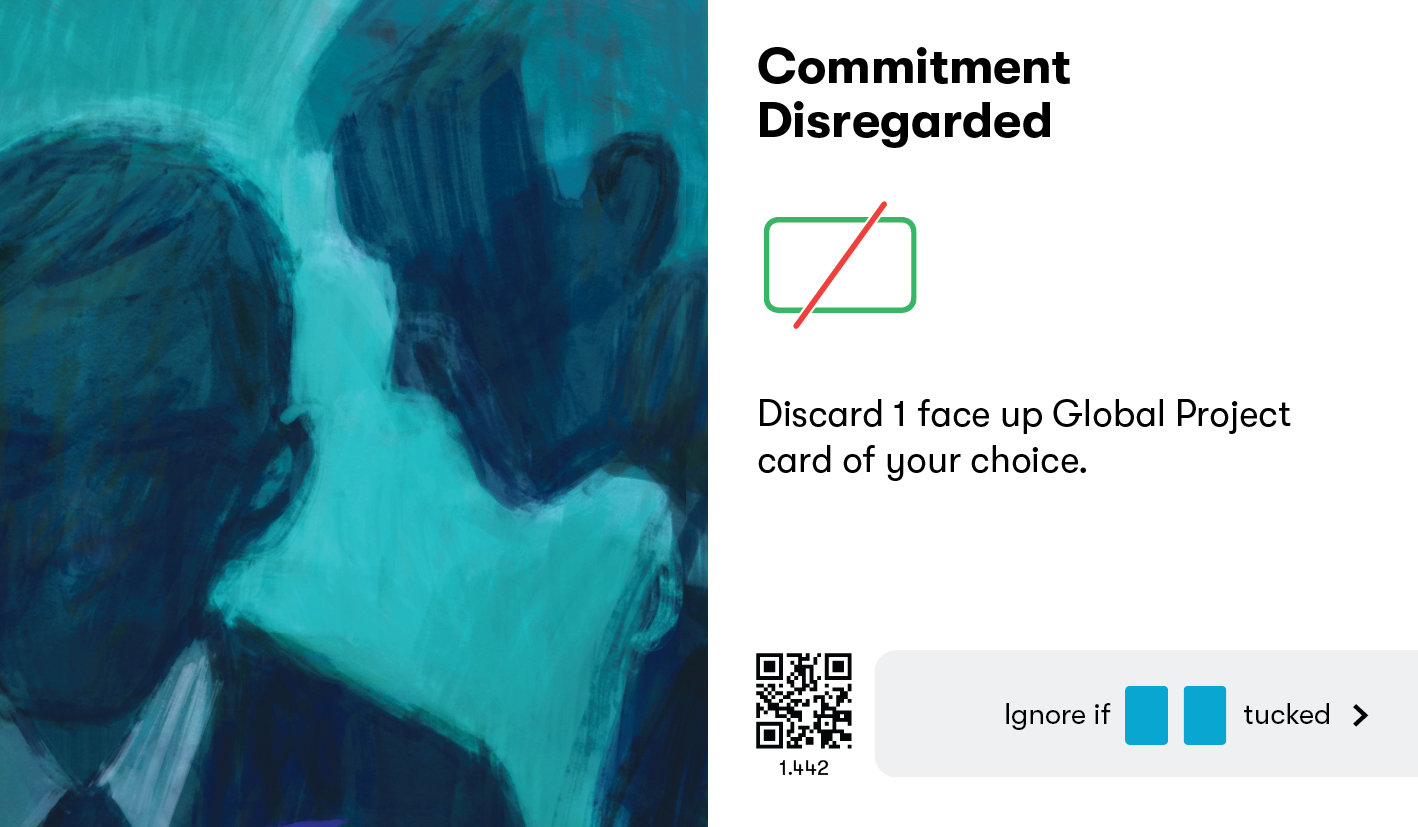Commitment Disregarded
Crisis
Tackling the climate emergency requires, globally, the use of fossil fuels to stop and for greenhouse gas emissions to fall to zero. Many organizations, including governments and large companies, have made commitments to do this. This is an improvement on the previous situation, where many had not made clear and measurable commitments. But many of these groups are not phasing out fossil fuels quickly enough or at all. The targets are also unfair, with richer countries not supporting those countries which have emitted relatively small amounts of greenhouse gas emissions historically but are most exposed and vulnerable to climate shocks. Often these countries were previously colonized and run by the richer countries.
Powerful governments and companies may increasingly disregard their commitments completely. Many of the global treaties under which commitments were made legally require countries to participate. But their commitments are voluntary. It was easy to make promises about future action. But when target dates arrive, countries might disregard commitments if climate action is seen as too difficult or not a priority. This is already the case with many companies, which are slowing their climate ambitions as economic changes have occurred and their profits have been impacted.
Yet these commitments exist partly because activists across the world fought for them. Many campaigns exist that hold countries and companies to account.
Discard 1 face up Global Project card of your choice.
If this Crisis was face up during the Local stage and players tucked 2 cards under it, this effect can be ignored.

Climate Action Tracker tracks progress toward international climate goals.
Climate fair shares (Friends of the Earth)
One of the key ways to hold organizations to account on commitments is using the law: climate change litigation.
Client Earth — a legal charity — explains how this is done.
Keep your employer and government accountable to the targets they have set.